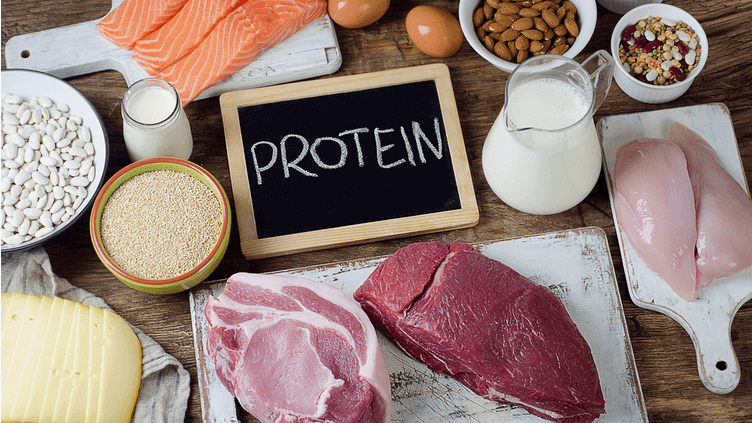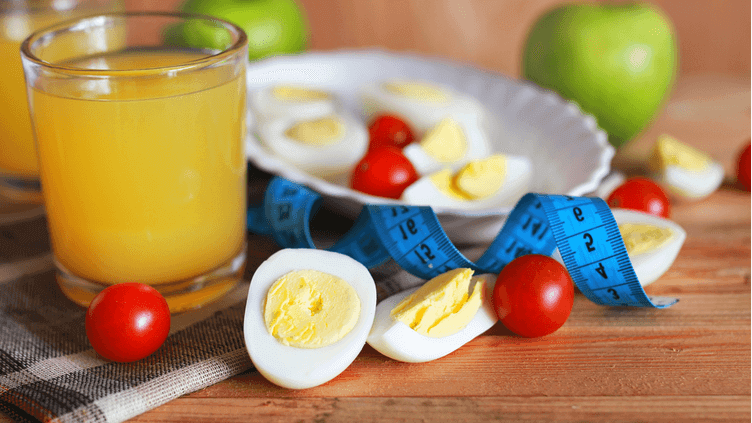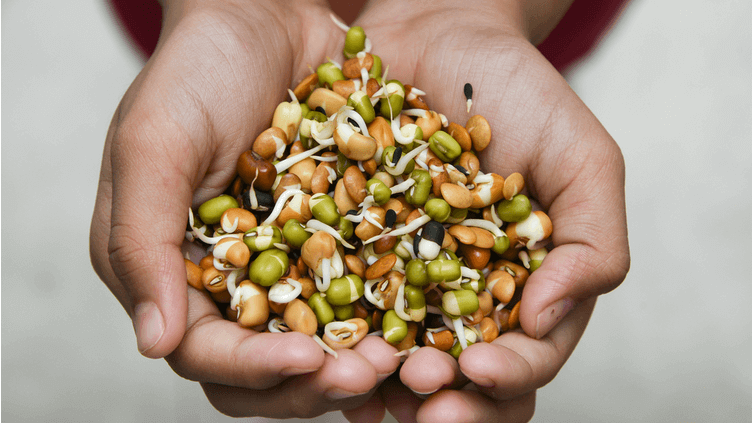How Much Protein Do You Need?

Proteins are the main building blocks in your body, and is used to make tendons, muscles, enzymes and hormones that play vital roles in your body’s development. Proteins are made up of small molecules called amino acids, that are linked together to form protein chains.

Protein is not just about quantity but also quality. Protein is very important when it comes to weight loss, preventing weight gain, gaining muscle and strength, and preventing Osteoporosis and Sarcopenia (reduction in muscle mass).

Protein is an extremely important nutrient for your body. Most of our natural source of protein comes from animals or plant proteins like: fish, eggs, dairy products, Quinoa and lentils, nuts, oats, broccoli, potatoes, and sprouts.

The Dietary Reference Intake (DRI) recommends 0.8 grams of protein per kilogram of your body weight. This is approximately 56gms of protein (for males) and 46gms of protein (for females).

In nutrition, “grams of protein” means grams of the macronutrient protein and not the weight of a protein-containing food product. For example, 100gms of chicken breast will contain 31gms of protein, or a large egg, which is roughly 46gms contains only 6gms of protein.

The way you consume your protein matters as much as how much protein you consume. It is best to spread your daily protein intake across three meals rather than having a low-protein breakfast and high-protein dinner. Opt for a balanced diet and consume fresh, whole foods that are rich in good protein.

Depending on your lifestyle and physical exercise routine, your doctor or nutritionist will determine how much protein you need in a day. If you exercise or play some sports, or your job entails physical endurance, your protein requirements may be higher.






